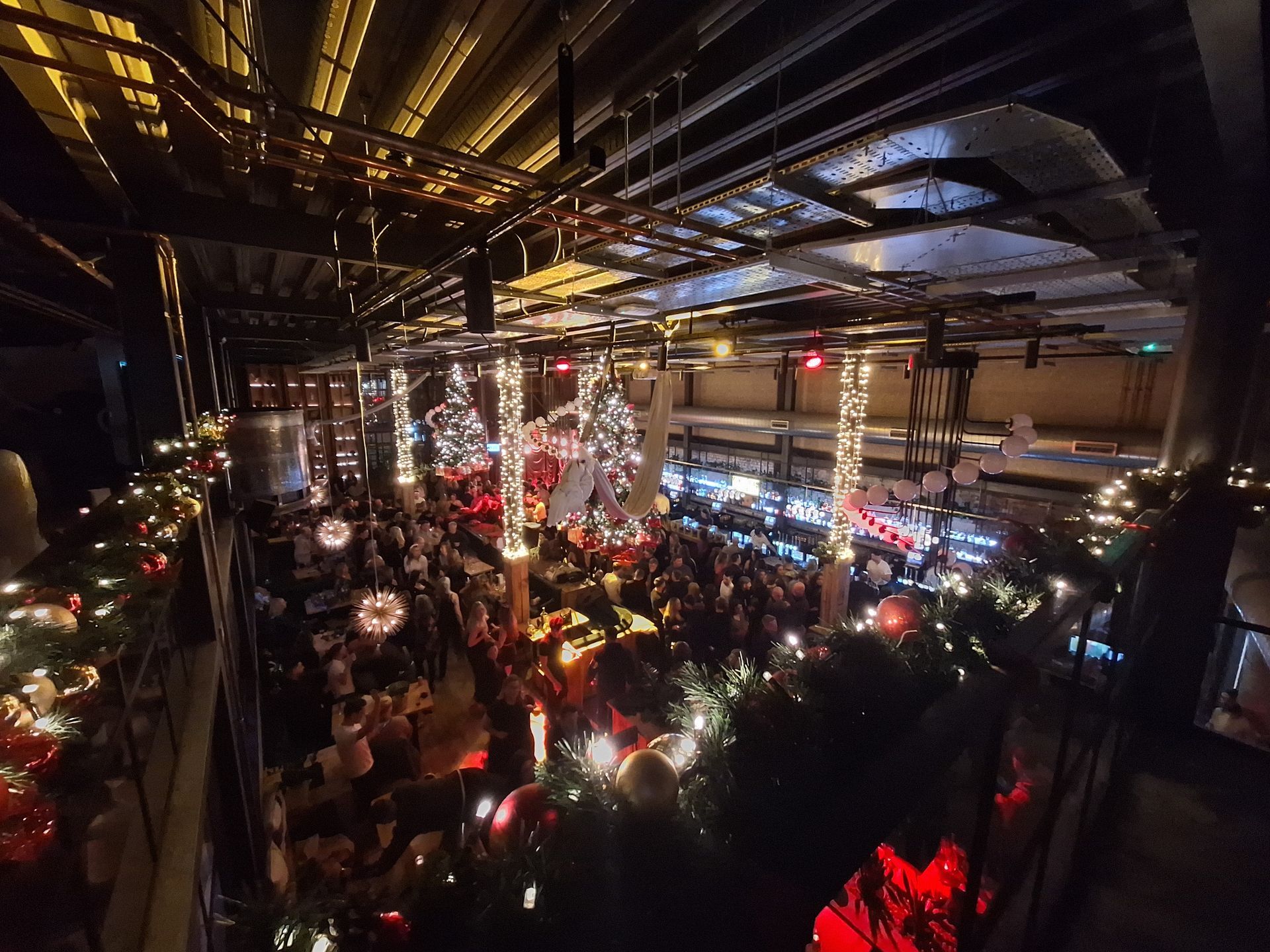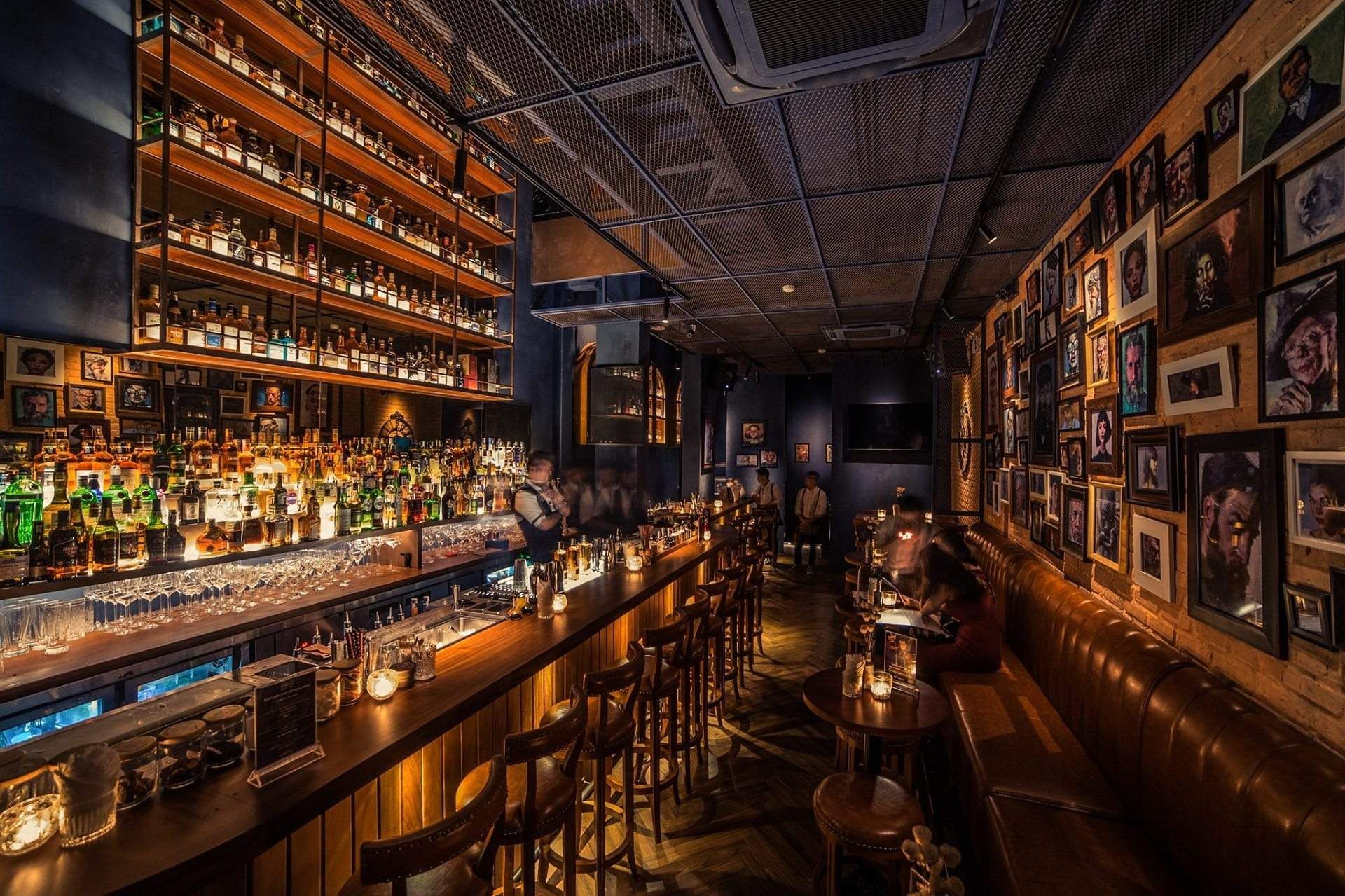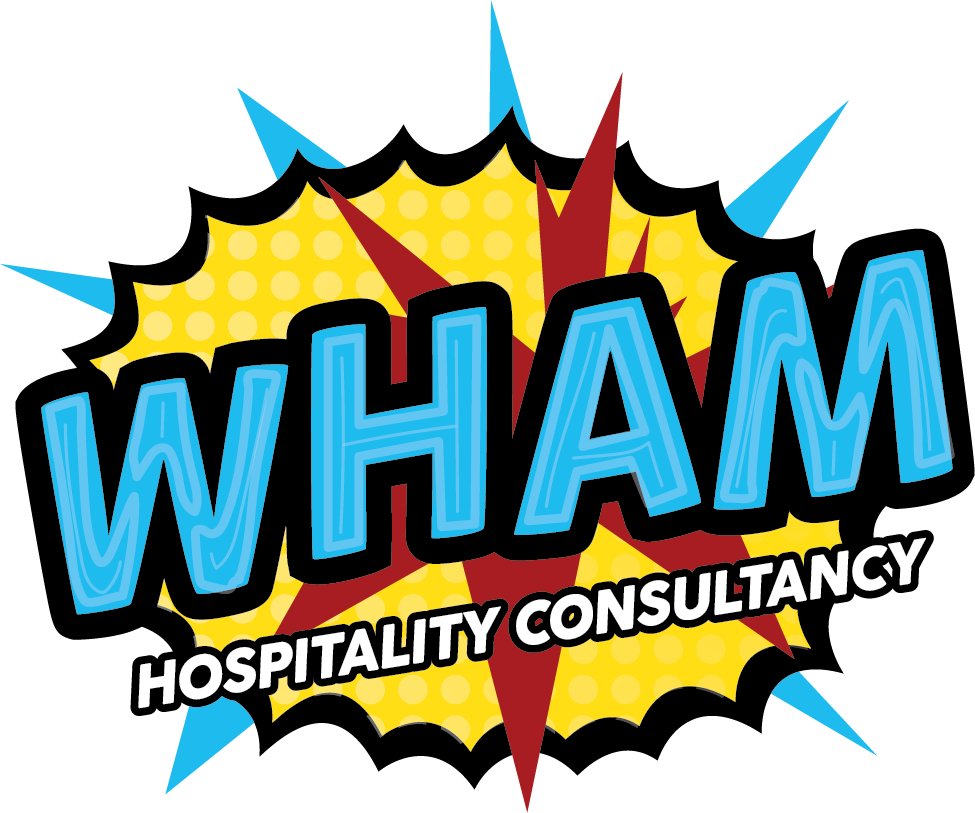Mood Management - a dying art?
As I came back to social media following a festive sabbatical I posted a recount of my experiences around varied hospitality venues across December. The post gained a good deal of traction with comments such as:
“Totally agree”
“Bang on this”
“..absolutely KEY to the success of any venue”
“..by far the most important thing..”
I’d clearly touched on a subject that was close to some people’s hearts apart from just my own; so I wanted to expand on the topic in a longer-form – so here goes!
I was back at it early in the New Year and caught up with a couple of big hitter, wet-led, private hospitality operators here in the North East. Conversation inevitably turned to their trading numbers for the festive period and there was no surprise from me to learn they had been strong. These guys are good operators; some of the best I know.
Their results appear to go against what other wet-led operators have come out in the press/socials to say; its been quiet, the trade is dying, we need more help/support etc etc.
I was across the North East, North West and Scotland in December and I found the same thing to be true now that it was 2️0 years ago.... Those places I visited that did 'mood management' well were busy, those who didn't weren't.
Simplistic? Maybe, but that was the pattern.
What do I actually mean by 'mood management' though? Well amongst other things:
✅️ The music was engaging with the venue demographic.
✅️ FX lighting was all working and was been used with a plan in mind.
✅️ The house lighting was at a suitable level for the time of night.
✅️ The layout of the venue and its furniture was appropriate to the level of trade.
I was brought up through the industry in an era where 'mood management' was ingrained into us from those who went before and mentored us. Even those of us in bars/pubs who weren’t late-night, entertainment, or coloured lighting led, mood management was still key to those sites and the impact on their guests. The article in this link does a great job setting that out.
For those of us with a entertainment edge to our venues though, mood management is so much more than simply letting a DJ play and turning your lighting down.

es, even back then we were ‘marked’ on it- a KPI if you will. Were our house lights down enough? Did our FX lights have any bulbs out? Was our haze machine being used? What effect was the music offering having on our guest?
Bur more-so it was about the ‘feel’. Could you take yourself away from your shift-running to look at your venue through the eyes of your guests, and if so, what were you seeing. Most importantly, what were you feeling?
As a GM I used to put as much in place as I could for our new/less experienced duty managers so there was some structure and consistency around their on-shift mood-management as I could; and when they were on shift with me, they’d stand with me a times and we’d talk about ‘feel’ and I’d try to help them understand the X’s and O’s that went beyond the structure provided. You simply weren’t going to run the busier-shifts and therefore progress in your career unless I had the confidence you could manage atmosphere and ensure our guests were getting that consistent experience.
Many years back I was involved in a Red Bull initiative that included speaking with guests in late-night pubs/bars and asking them what helped them decide which venues to visit. Top of the polls? Atmosphere.
Ahead of pricing.
Ahead of service.
Atmosphere was no1️.
From what I've seen last month, mood-management looks (and feels) like a skill that is sadly dying out, and operator's tills are feeling the cost of a lost art.

Have we lost the mentors to keep this dying art alive? Or have we just lost the time to mentor this skill as companies concentrate on more tactile elements of the guest journey that they can quantify with score and statistics?
As quality management recruitment continues to be a pinch-point for the industry, at a time where we should be (and in large cases are) spending more time and money developing our people, do operators have the time, energy (and structure) to help themselves by investing in helping our superstars of the future understand the importance of mood-management as much as we do mystery-guest scores or cellar cleanliness compliance?
Do I consider myself a master of the dark-arts of mood-management? Perhaps. Some would kindly say 'yes'. What I am is a disciple of mentors who went before me, and in 2024 I'm going to strive to keep their teachings alive and help others to rediscover this (seemingly) dying art.
Mark spent 15-years on the high street managing, amongst other styles of venues, late-night pubs, bars and nightclubs, before moving into a multisite and then executive career. Mark started WHAM Hospitality Consultancy in 2019.

